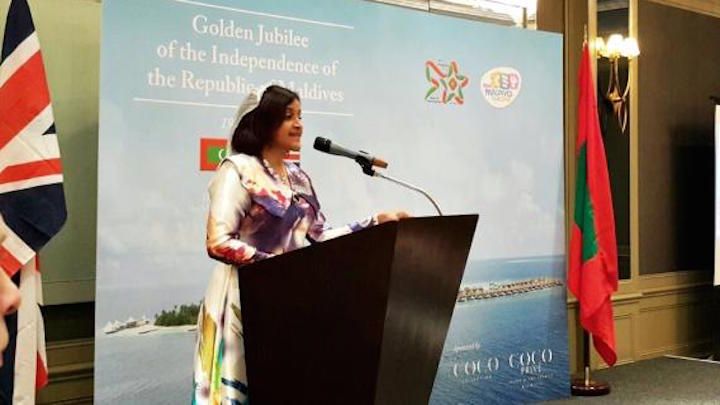Maldives ‘disappointed’ with Britain granting asylum for Nasheed
“The government of the Maldives is disappointed, if confirmed, that the UK government is allowing itself to be part of this charade, and further, is enabling an individual to circumvent his obligations under the law,” the foreign ministry said in a statement last night.

24 May 2016, 09:00
The Maldivian government has expressed concern with reports that former President Mohamed Nasheed has been granted political asylum in the United Kingdom.
“The government of the Maldives is disappointed, if confirmed, that the UK government is allowing itself to be part of this charade, and further, is enabling an individual to circumvent his obligations under the law,” the foreign ministry said in a statement last night.
The opposition leader, who was serving a 13-year jail sentence on a controversial terrorism charge, was authorised to seek medical treatment in the UK last January following threats from the EU parliament and the UK of targeted sanctions against top government officials.
Nasheed’s lawyer Hassan Latheef told The Maldives Independent that the former president was granted “political refugee status” by the British government on Thursday.
Become a member
Get full access to our archive and personalise your experience.
Already a member?
Discussion
No comments yet. Be the first to share your thoughts!
No comments yet. Be the first to join the conversation!
Join the Conversation
Sign in to share your thoughts under an alias and take part in the discussion. Independent journalism thrives on open, respectful debate — your voice matters.




